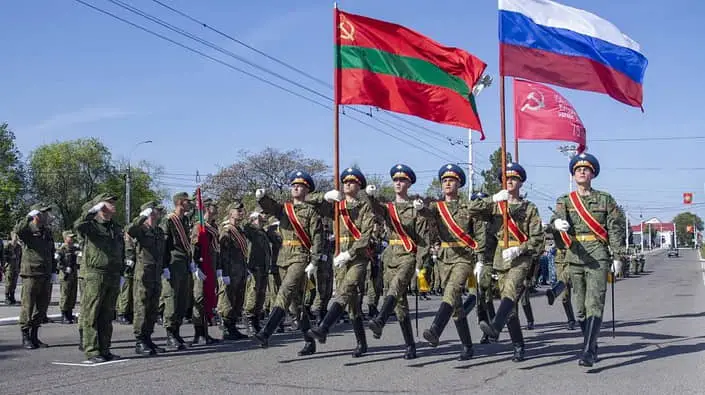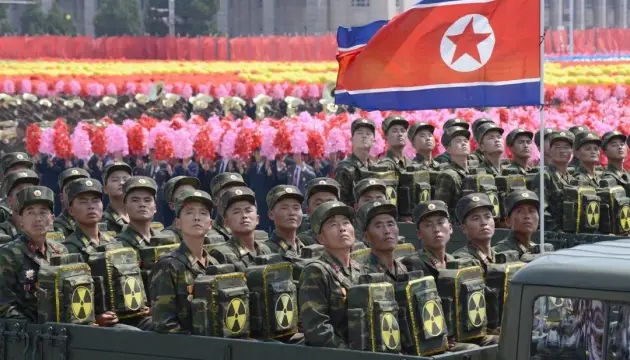Israel is planning an offensive on Rafah. Will this be the end of the war in Gaza?
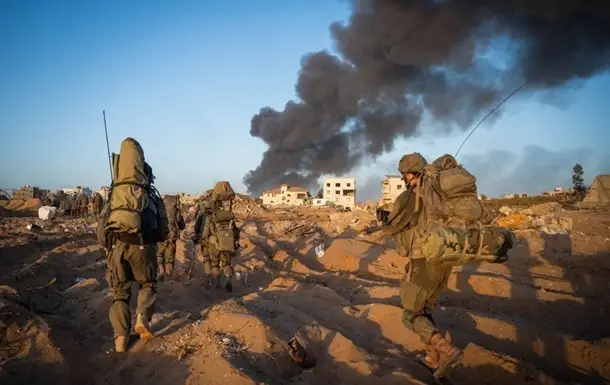
What to expect if the IDF succeeds in destroying Hamas as an organized military force in Gaza
The conflict between Israel and Palestinian militants began on October 7, 2023, and is the fifth episode of the Israeli-Palestinian conflict. Hamas launched Operation Pillar of Defense by firing a large number of rockets from Gaza, causing human casualties and material damage.
In response, Israel announced Operation Iron Swords, mobilized reservists and conducted air attacks on targets in the Gaza Strip. Over 1200 people were killed during the conflict, most of them civilians.
Both sides deployed measures to strengthen their positions, including the mobilization of troops and the blockade of Gaza by Israel.
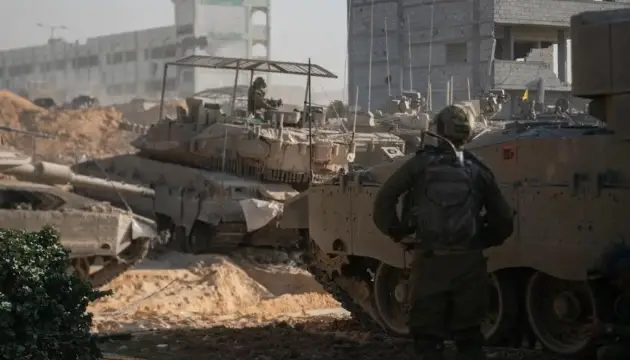
Conclusions from Operation Iron Swords
In the medium and long term, the impact of Operation Steel Swords is determined not only by the number of rockets fired or the success of the tasks of dismantling Hamas's military infrastructure, but also by the ability of all participants to comply with agreements and ensure an effective communication process.
It is important to note that even after October 7, the possibility of negotiations and agreements between the government of Israel and Hamas remains, if there is motivation and the ability to attract suitable mediators.
Any agreement can be broken at any time for any reason. External factors can have a significant impact on this, such as terrorist attacks, shelling, or the actions of other external actors. This distrust and the desire to achieve maximum goals make it difficult to find compromises and may lead to the violation of any agreements.
In the broader regional geopolitical context, after almost six months of war, the following observations can be made:
First, it can be cautiously noted that the IDF operation against Hamas has not gone beyond a local conflict and has not escalated into a large-scale regional conflict. Although Hezbollah's provocations cannot be called purely symbolic, as they have resulted in a large number of casualties, the intensity of the escalation remains below the threshold level. In Israel, there are discussions about the impossibility of accepting the existence of a terrorist force that threatens the northern part of the country, but it is clear that any action in this direction will be taken only after the main fighting in Gaza is over.
Second, with each day of the military operation, support for Tel Aviv among its allies is decreasing. The shock of the October 7 terrorist attacks is quickly being forgotten outside of Israel, and since then, the world media has been full of reports of Palestinian suffering and destruction in Gaza. The pressure on Israel is growing even from the United States, which is gradually shifting from unconditional support to criticism. In addition to humanitarian aspects, Washington is also concerned about the lack of clear plans for peace from Israel. There are opinions that the IDF operation could create an opportunity for the unification of the Palestinian territories, but Benjamin Netanyahu opposes such a development and supports the preservation of Israel's military presence in Gaza after the end of hostilities.
The lack of a strategic understanding of the way out of the crisis, along with the humanitarian catastrophe, remain the main causes of concern not only in Washington but also in the entire international community.
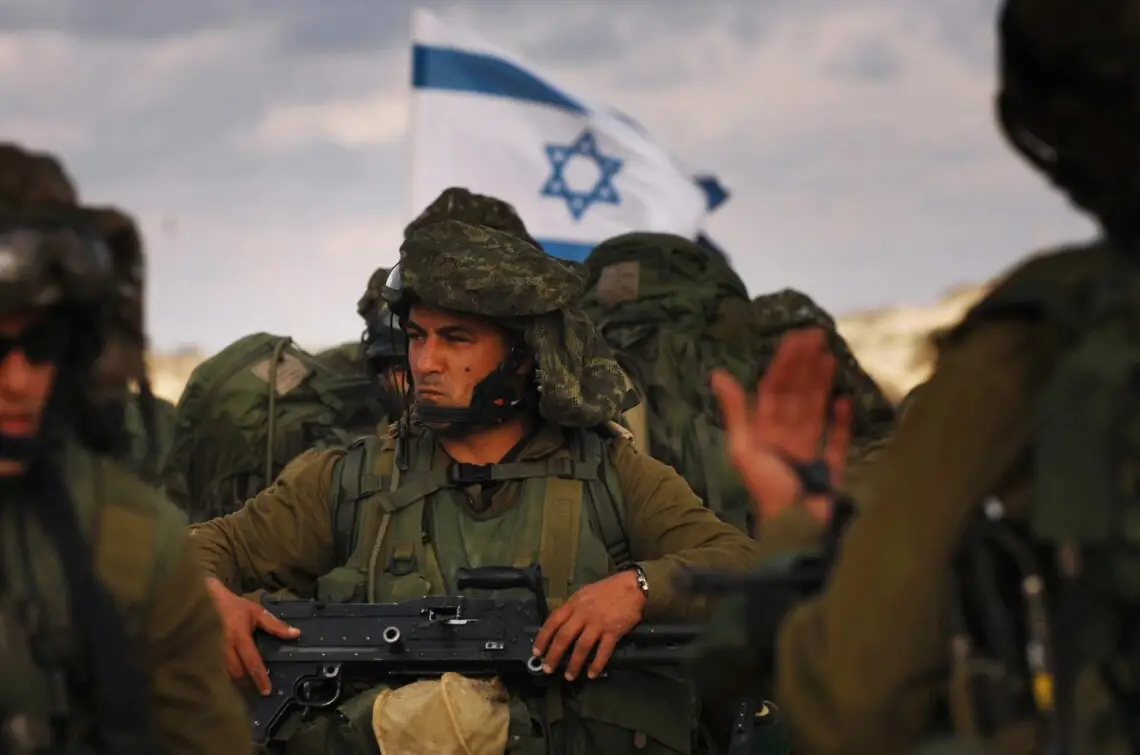
Israel prepares an offensive
The Israeli military is preparing to evacuate more than a million Palestinian civilians from the city of Rafah in southern Gaza, provide them with the necessary assistance, and only then launch an attack on the remaining Hamas combat battalions.
This statement was made by Israeli Prime Minister Benjamin Netanyahu. He believes that this step is in line with operational and international standards. However, he noted that it takes time, but the plan will be implemented.
Netanyahu also denied accusations of not paying enough attention to the release of hostages, emphasizing the need for a balanced approach between pressure on Hamas and flexibility in negotiations.
Israeli forces currently control northern Gaza, and Hamas' demand is for civilians and militants to return to their homes in the north.
Netanyahu rejects this option because of the serious security implications, which he refused to specify, and emphasizes the need for reasonable negotiations rather than responding to illusory and dangerous demands.
He also said that the United States has proposals to help civilians in Rafah and limit casualties, and he is willing to consider them.
Will the Gaza War End After the Israeli Offensive?
According to an Israeli military intelligence report, even if Israel eliminates Hamas's organized military capabilities, the organization will continue to operate in Gaza. The document, distributed to Israeli military intelligence leaders, warns that even if Hamas is successfully destroyed as an organized military force in Gaza, it will remain a "terrorist and guerrilla group."
The document, compiled by the IDF's analytical department, also notes that "support for Hamas among the local population of Gaza remains significant." Due to the active hostilities currently taking place in the Gaza Strip, no practical measures are expected to be implemented to further resolve the situation after the war ends.
Despite Israeli officials constantly declaring publicly their goal of destroying Hamas, many countries and international officials warn that this is a goal that may be unattainable.
The spokesman for the US National Security Council, John Kirby, noted in November that while Israel could significantly reduce the threat posed by Hamas, it was not possible to completely eliminate the group and its ideology.



